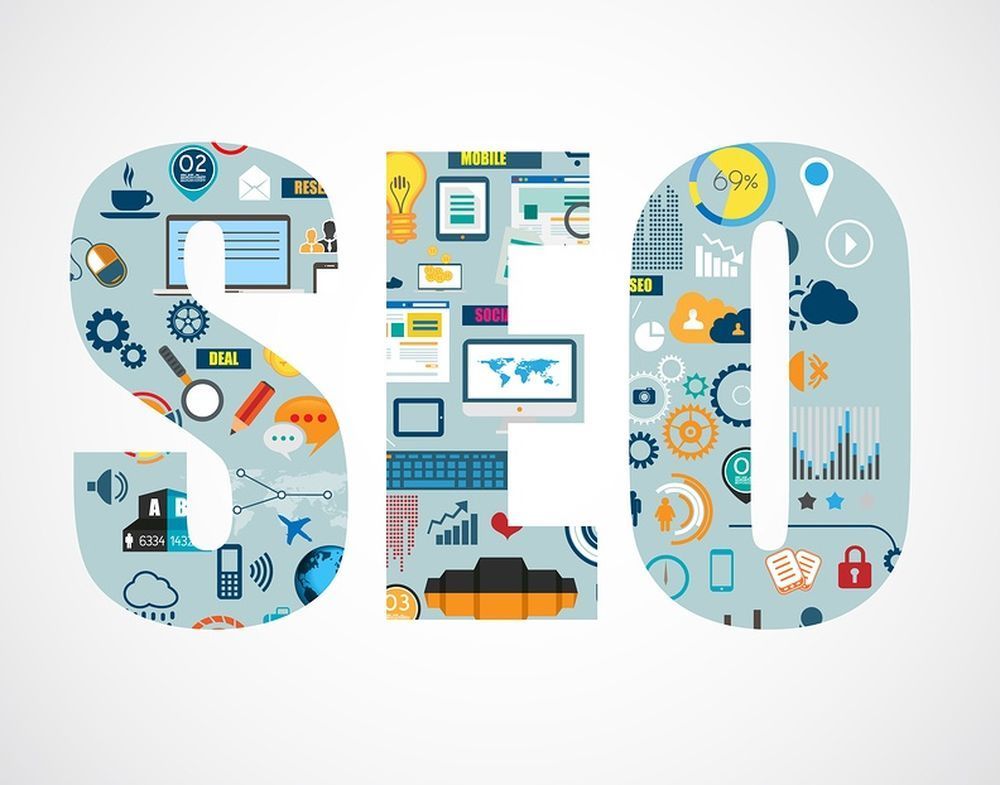
Thanks to the early days of the Internet, when keyword-stuffing and link-spamming were prevalent, search engine optimization — or SEO — got a bad name.
But what is SEO today? Flash forward, and some people still carry a stigma when considering what SEO means for online businesses. But over the years, a maturing Internet landscape has pushed out those questionable tactics. Content that leans on cheap SEO tricks of old won't get any kinds of results that reward their creators. In their place, legitimate SEO practices have evolved that increase brand and content visibility while serving as indicators of value for consumers.
Today's SEO only has one thing in common with its unsavory predecessor: It works.
Modern Marketing for the Internet
Push keyword-stuffing and other cheap tricks out of your mind. Search engine optimization has evolved into a very sophisticated set of practices, notes Forbes. At the forefront of today's SEO is content — and not just long blocks of text, either. Google and other search engines have invented metrics for measuring quality and authority in content, as well as safeguards against overusing keywords. To succeed in SEO today, brands need to have a system for creating and publishing reputable content that offers value to consumers and is relevant to the online searches where it will appear.
Meanwhile, you also have to manage other key strategies. Websites must be mobile-friendly, and now, not having a responsive design can hurt a website's search prominence. You should develop relevant on-page website content and establish a social presence to encourage brand mentions, content sharing and other SEO-friendly practices. Appearance in listings and mentions from external websites and sources continue to be a valuable component of SEO because they serve as an affirmation of your brand's credibility.
What We Mean When We Say "SEO"
The term "SEO" can be tough to understand because it quickly gets separated from what it stands for: optimizing your website and content for the Web. Thanks to its growth and maturation, SEO now refers to building an infrastructure for your business and its online presence. SEO represents a set of best practices that websites should use to lay a foundation in the world of online commerce. But because search platforms continue to evolve, the best practices continue to be affected. Consequently, SEO functions as a moving target, with marketing professionals constantly faced with changing their practices to stay at the forefront.
SEO on its own does not guarantee long-term success. Many of the dominant SEO-savvy brands from 15 years ago have since fallen to the wayside. And years from now, the ingredients of ideal SEO will change; that is the nature of the practice.
Many small business owners will continue to ask: "What is SEO, and how can it help my business?" At first blush, the answer for today's online climate seems the same as it was 15 years ago. But giving it a closer look shows something different: SEO is built for the long haul.







